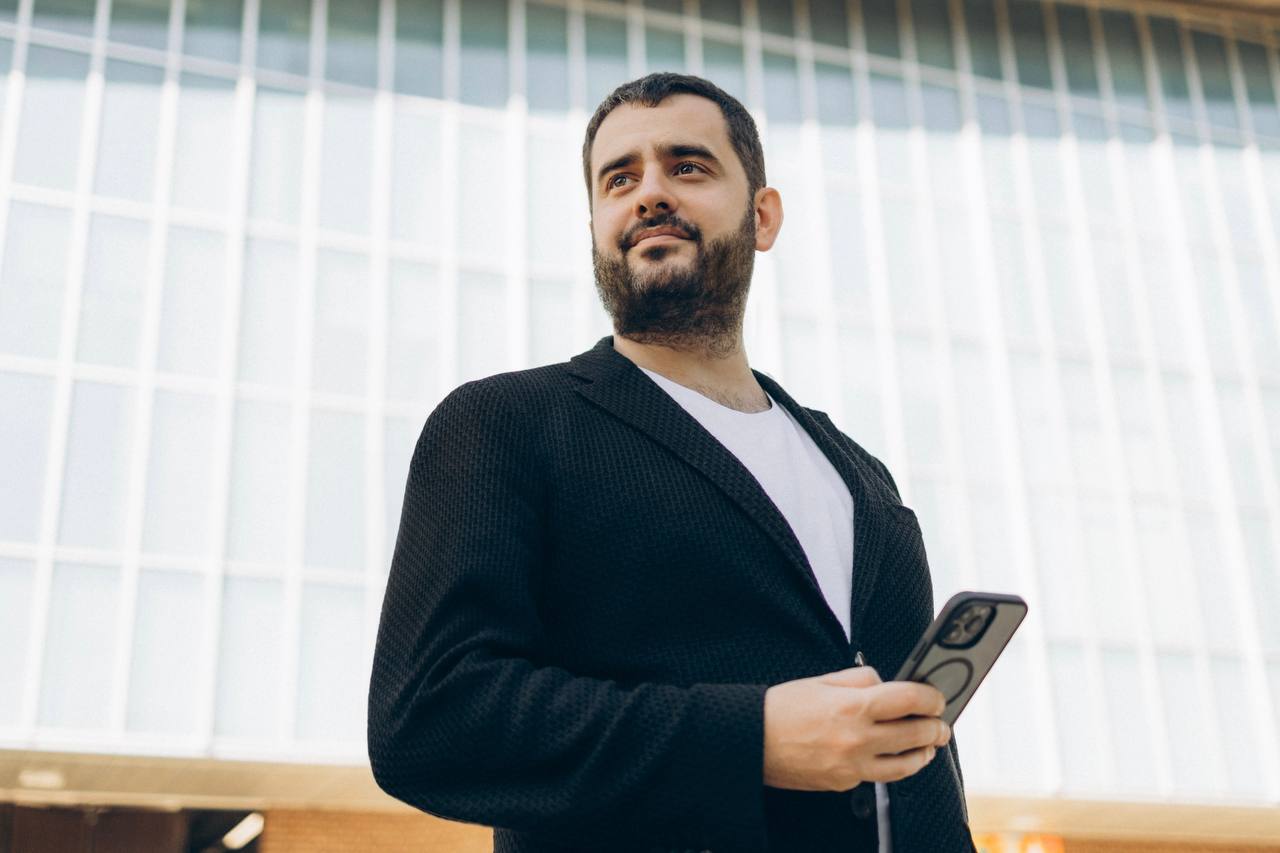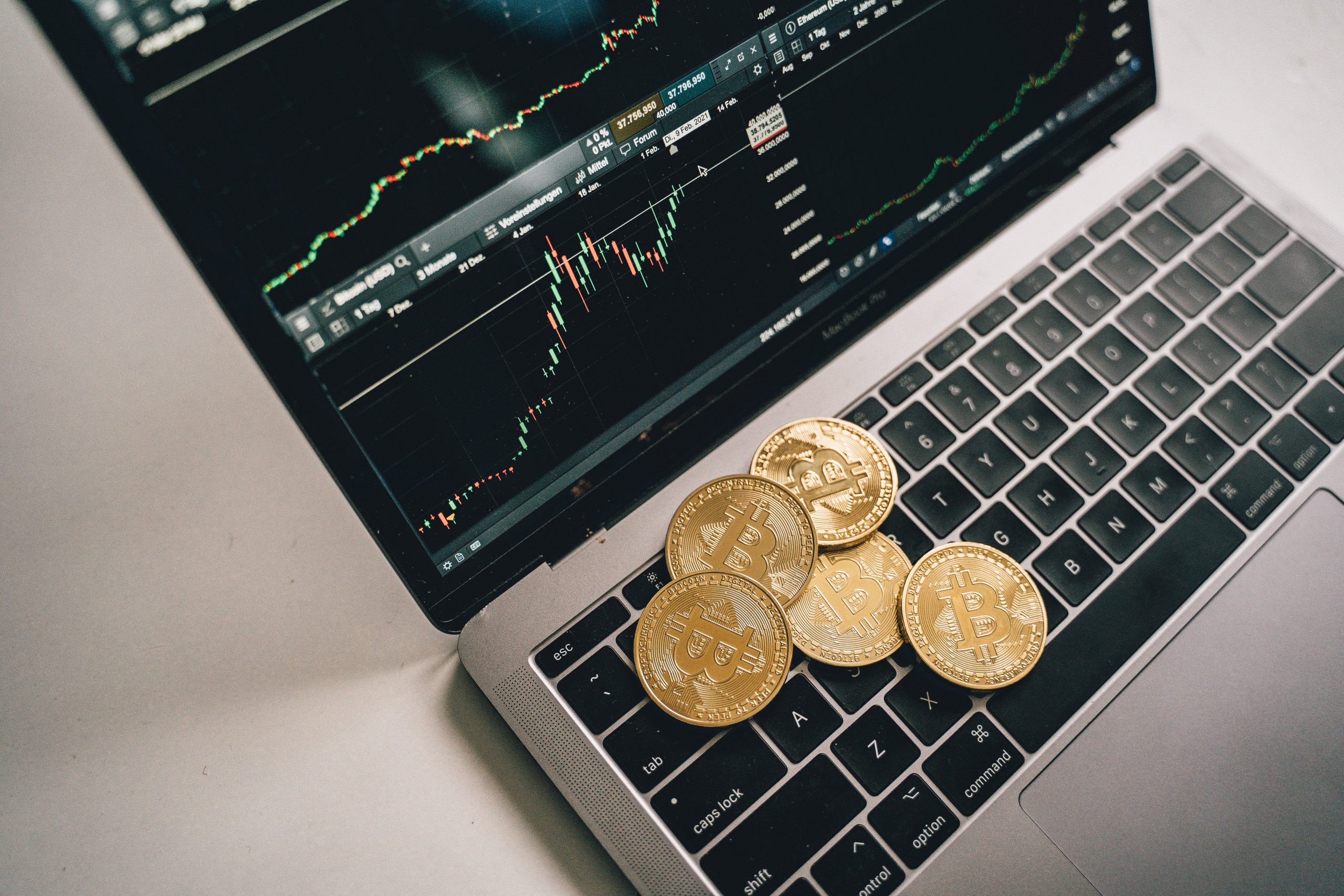PayPal Gains FCA Approval to Offer Cryptocurrency Services in the UK
In a historic move, PayPal has officially registered with...
Nadezhda Grishaeva Speaks out About her Job as a Basketball Agent.
Nadezhda Grishaeva is a famous Russian basketball player....
Tech Collaboration for a Safer Future: Andriy Dovbenko’s Initiative in UK-Ukraine Defense and Agriculture Innovation
This UK-based Ukrainian investor and former lawyer hopes to...
Fueling Efficiency: The Game-Changing Power of Engine Oil Unleashed – Maximizing Gas Mileage to Transform Your Drive
Every day, you hop into your favourite chariot, turn the...
Analyzing Cases Involving Injuries Resulting from Plaintiff Lawyers’ Actions
In the moment, an accident can influence your health and...
SOB Clinic Türkiye serves as a center of excellence for British citizens seeking dental treatments abroad
Catering to a global clientele, SOB Clinic Türkiye warns...
Kraken Expands Many Licence Registrations in Spain and Ireland
Kraken, a cryptocurrency exchange, has received regulatory...
Crypto Expansion in the Middle East as Kuwait Finance House and Ripple Boost in Partnership
Kuwait Finance House (KFH) is leading the way in innovation...
Is Brussels Asking too Much of its Farmers as Debate Rages Over the Future of the Agri-Food Sector?
Wopke Hoekstra, the EU’s new climate commissioner, hasn’t...











 Bitcoin
Bitcoin  Ethereum
Ethereum  Tether
Tether  XRP
XRP  USDC
USDC  Solana
Solana  Lido Staked Ether
Lido Staked Ether  TRON
TRON  Cardano
Cardano  Avalanche
Avalanche  Toncoin
Toncoin